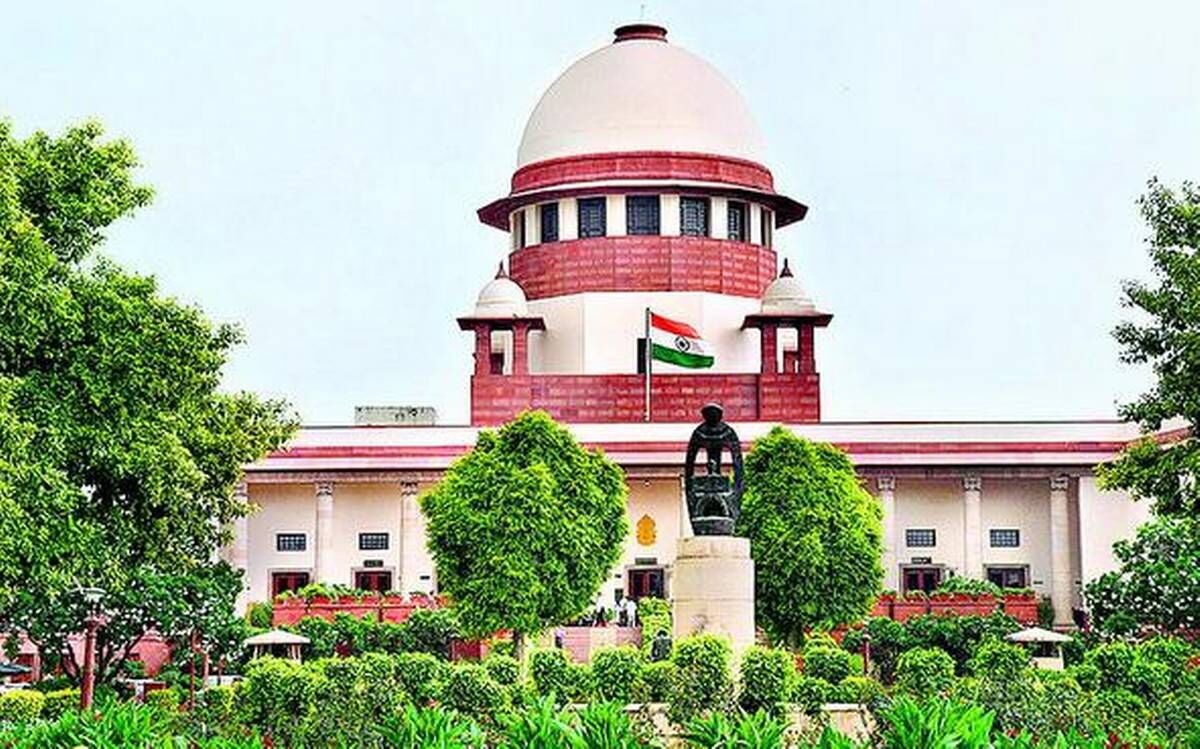Much-needed intervention

The Supreme Court of India has had a busy day on Thursday — a day before Chief Justice NV Ramana was to retire. Capping Ramana's dynamic term as the CJI, the Supreme Court heard petitions related to its three contentious rulings, including the rare review of the Prevention of Money Laundering Act (PMLA) verdict. In his short tenure, NV Ramana introduced a new energy and spirit in the working of the apex court, and by the gesture of showing urgency to hear these three cases of immense public interest towards the end of his term, he has left a legacy that needs to be continued. The momentum appears to be going forward, with lawyers being readied for arguing in the 25 shortlisted pending cases of Constitutional importance before a five-judge Constitutional bench, starting Monday. The message is loud and clear that the activism shown by NV Ramana is not going to end with his term, it will continue under the new CJI, Justice UU Lalit. Justice Lalit has been a strong proponent of instituting more or less long-lasting Constitutional benches to ensure that cases of critical importance are not made to linger in corridors of court. Coming back to the three cases heard on Thursday, while hearing the petitions challenging the remission of 11 convicts in the 2002 Bilkis Bano gang rape case, the Supreme Court sought response from the Gujarat government. The Gujarat government, exercising the authority granted by the Supreme Court under section 432 of the Code of Criminal Procedure, had announced the remission of the 11 convicts on August 15 this year. The remission attracted widespread public ire on account of the nature of the crime and the victim's right to live without fear. Given that remission is a delicate provision under the Indian Constitution, with a justified narrow scope, the Supreme Court has been right in holding the Gujarat government accountable for its move. The moot point of contention in the case is that the Gujarat government has arguably granted remission under its 1992 policy, and not under the current policy of 2014. More clarity on the Gujarat government's "application of mind" will come in with its response in the next hearings. Nevertheless, the Supreme Court's intervention is indeed a welcome one. Secondly, in an extremely rare open-court review of its own recent judgement, the Supreme Court has decided to reconsider its verdict upholding the key provisions of the Prevention of Money Laundering Act, 2005. Generally, hearing of review petitions is done seldom, and in closed chambers. Under review has been the July 27 judgement in which a Supreme Court bench comprising Justices AM Khanwilkar, Dinesh Maheshwari, and CT Ravikumar — while hearing a batch of 240 petitions against the PMLA — upheld the validity of all the contentious provisions in favour of the government. The review bench, headed by Justice NV Ramana, could agree on reconsidering "at least" two provisions — the non-provisioning of ECIR copy to the accused by the Enforcement Directorate before arrest; and the reversal of burden of proof and presumption of innocence on the part of the accused. Given the rampant and allegedly biased deployment of ED against opposition party members by the government, and the overwhelming powers that the agency enjoys under the PMLA, the apex court's intervention was due. In the third case relating to the alleged use of Israeli spyware Pegasus by the Union government against Indian individuals, the Supreme Court took note of the technical committee it had appointed under the leadership of Justice RV Raveendran. The committee report clarified that among the 29 mobile phones it examined, only five were found to be infected with malware. It is, however, not clear if the malware found was related to Pegasus in any way. The Supreme Court also observed that the Government of India had "not cooperated" with the committee, in the same manner as it did with the Supreme Court last year. It is quite irresponsible on the part of the government to ignore a matter of such grave concern under the garb of "national security." CJI Ramana was clear in his view that the State should not get a "free pass every time the spectre of 'national security' is raised". The Supreme Court should be duly credited for re-initiating the debate on these crucial matters. It appears that the Indian judiciary is on a path of reform. It is hoped that rigours of law will be explored to ensure justice for the needy in upcoming hearings.



